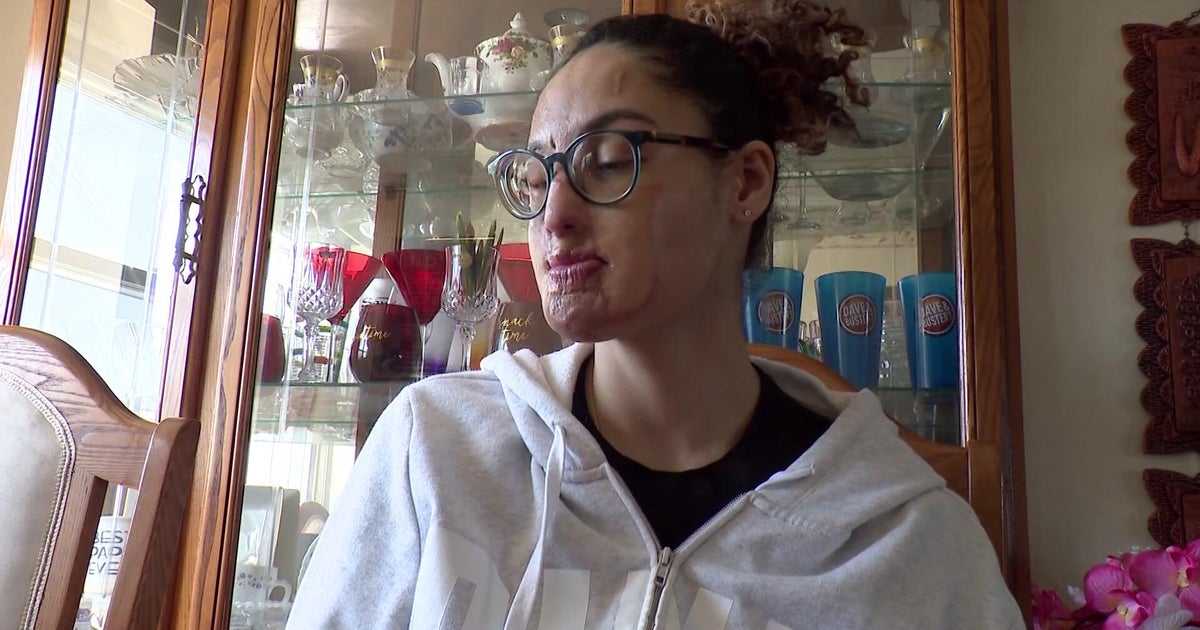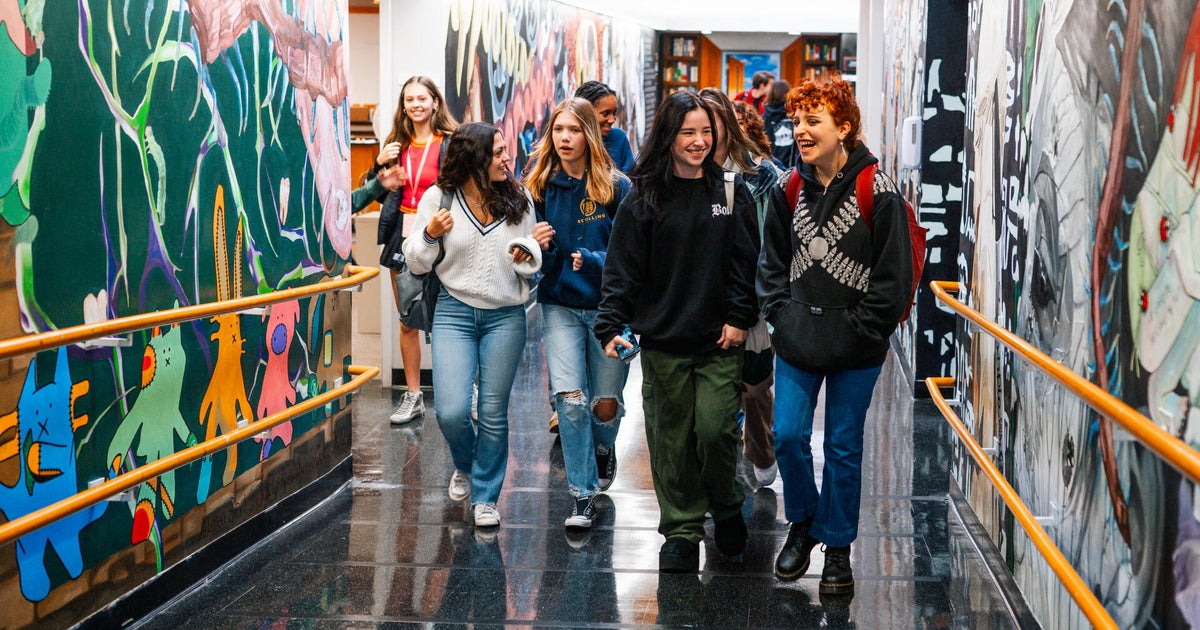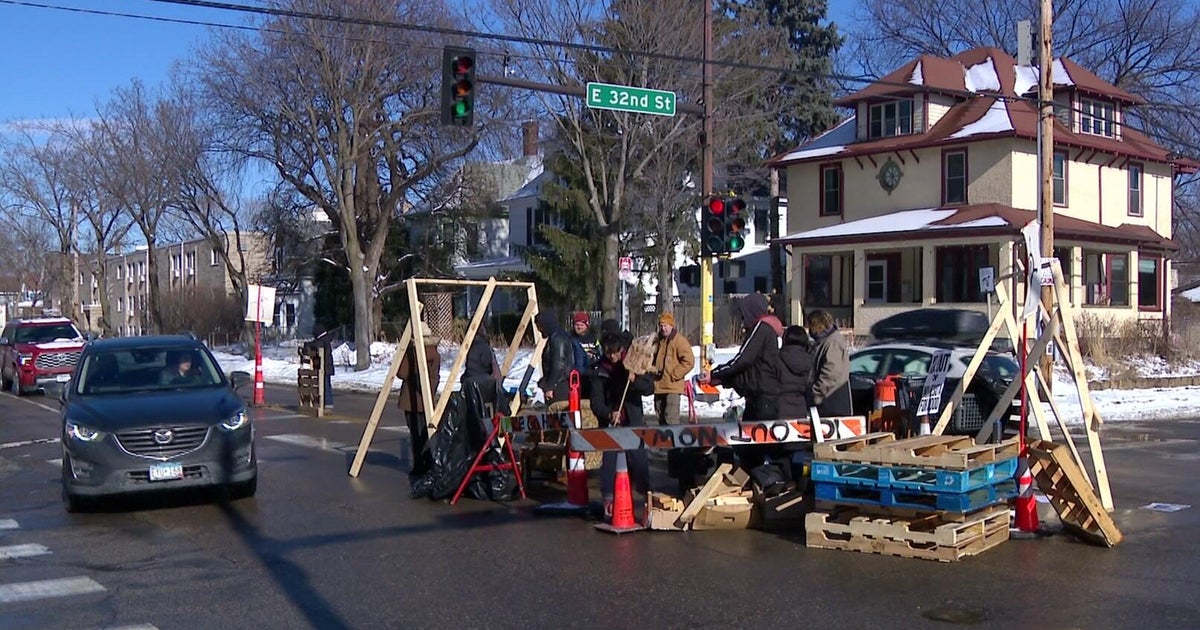'Be Prudent. Don't Panic': Expert Says Have A Plan For Coronavirus
BOSTON (CBS) - "Be prudent. Don't panic." Even with the numbers of coronavirus cases rising, that's the advice from Eric McNulty of Harvard's National Preparedness Leadership Initiative.
McNulty and his colleagues study disasters—the source, the response and the most effective strategies for dealing with a crisis.
While he expects that we will see many more cases of the coronavirus, he insists that there are ways to prepare for this—and other—emergencies.
The key is to be prepared. "Having a plan, having a network makes it less likely you'll panic because you're going to know what to expect," McNulty said. "You'll have a group to fall back on so you're not alone in a crisis."
Here are five simple ways to prepare for this—or any—emergency.
Make sure you have your prescription medications. To the extent that your insurance will allow, fill those prescriptions and have them in the house.
Have enough non-perishable food for 3-5 days. Soup, beans, tuna—higher protein foods are good choices. McNulty suggests shelf-stable milk--like soy milk--that doesn't have to be refrigerated. Consider making mac 'n' cheese and putting it in the freezer. And don't forget the treats. "If you're gonna get stuck at home, you'd better be able to have some fun," he said. "Chocolate—get a box of brownie mix you can make." Have something to look forward to.
Make a child care plan. We've seen schools (Wellesley Middle School, Upham Elementary) cut the school day short with very little notice. McNulty says it's essential to make a plan for your kids. Namely, who will pick them up and care for them if you are at work? Who will drive them to school if you are in quarantine or isolation?
Make a plan for your pet. Have enough pet food in the house. If you have a cat, buy extra kitty litter. Decide who will walk your dog if you are unable to leave the house.
WATCH: Interview With Eric McNulty
And finally, use this time as an opportunity to form a "neighborhood network." Reach out to neighbors to find out who is willing to participate in a group support system. Who's able to drop off food for a neighbor or go to the grocery store? Get e-mail addresses and phone numbers from neighbors and distribute those among everyone in the group.
Elderly neighbors may need help learning some of the ways in which technology can be helpful. For example, can you teach an older neighbor how to order groceries from a supermarket website? McNulty encourages us to resist the every-person-for-him/herself mentality and embrace a spirit of cooperation that will strengthen our neighborhoods and relationships long after the threat of Coronavirus has passed.
"Take this as one of the things in life that may be a bit of adversity," he says. "But it's not the end of the world. We are going to get through this."








